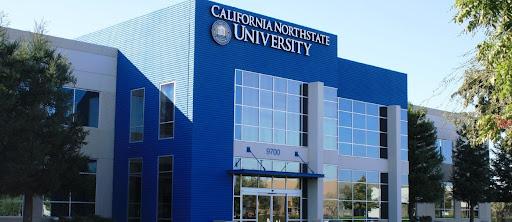This is the third and final set of videos from 23andMe’s new series, The DNA Download, and it offers a nice way to explain another core focus of the company, our research.
As with the all episodes of this series, the ever-enthusiastic Halleta Alemu hosts these videos, which each attempt to make the fascinating world of genetic science a little more approachable. In this set of videos a few of our scientists and specialists sit down with Halleta to explain aspects of 23andMe’s unique people-centered research model, and some of the basics on research in general.
HOW DOES GENETICS RESEARCH WORK?
This video is a great place to start, with 23andMe product scientists James Ashenhurst, Ph.D. explaining some of the basics around not just genetic research but all scientific research. He uses some easy to understand descriptions of the scientific method and how it relates to the kind of work done at 23andMe.
UNDERSTANDING DNA VARIANTS
This video touches on the data that helps fuel 23andMe research engine as 23andMe product scientist Kayla Capper, Ph.D., explains DNA variants. One of the fascinating aspects of genetics is how genetically similar any two people are — we are all 99.5 percent genetically the same. It’s that tiny fraction of a difference that offers opportunities for scientists to learn more about the biology of complex mix of traits that makes us each unique as well as health conditions. Kayla also explains the variants our researchers often look at in their work — single nucleotide polymorphisms, or SNPs for short, which generate biological variation between people.
BRAINS, GAMES AND DNA DISCOVERY
There are many ways we can gather data and in this video 23andMe research survey methodologist Will Smith explains how scientists combine games with neuroscience and genetics to learn how our brain works. Using these so-called brain games, our scientists hope to learn more about the genetics of neurological and mental health conditions. Ultimately we hope these insights will help advance treatment of conditions affecting the brain.
THE IMPORTANCE OF DIVERSITY IN RESEARCH
The pace of discovery in genetic research is breathtaking, but it hasn’t benefited everyone because there has been a lack of diversity in genetic research. In this video 23andMe’s research communications scientist, Jey McCreight, Ph.D., tells us why diversity is so important in research, what 23andMe is doing to engage research participants with different backgrounds.
OK, we hope these videos, which were part of 23andMe’s educational program, sparked an interest in learning more. There are other resources, like our Genetics 101 booklet, you can tap that are a part to explore more.




